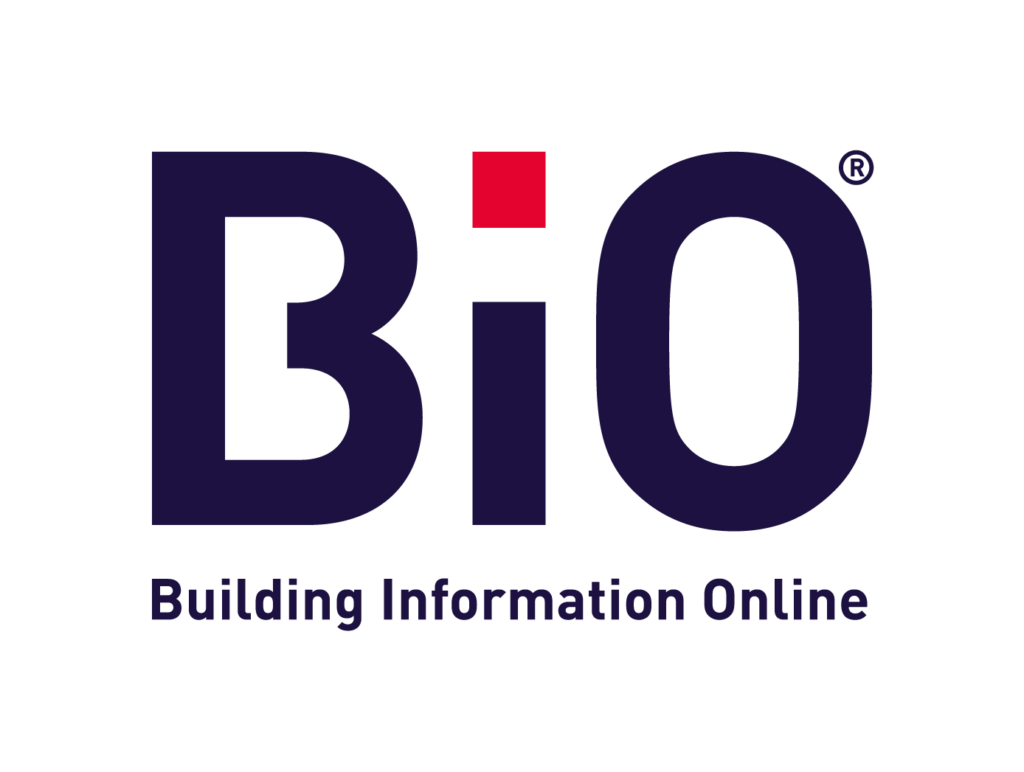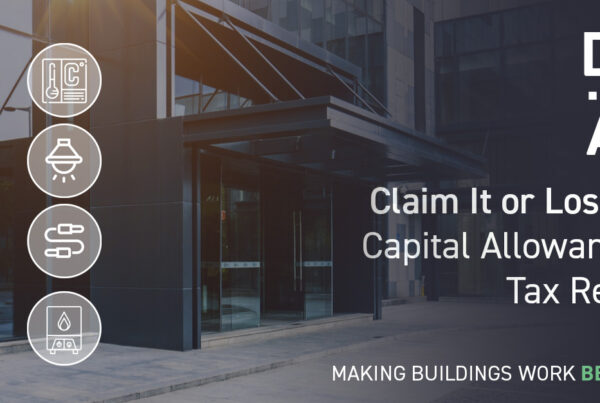
Ensuring compliance with the Energy Savings Opportunity Scheme (ESOS) is a critical task for many businesses.
Not only does it help organisations meet regulatory requirements, but it also promotes energy efficiency and cost savings. However, the process can be resource intensive. Fortunately, there are several grants, subsidies, and financial incentives available to support your ESOS compliance efforts.
Here’s a detailed look at these opportunities and how you can access them.
But First…
Who Needs to Comply with ESOS?
The Energy Savings Opportunity Scheme (ESOS) applies to large businesses, specifically those based in the UK that meet certain criteria. This includes companies with 250 or more employees, or those with annual turnover exceeding £44 million, or a balance sheet total exceeding £38 million. Notably, it also encompasses certain public sector organisations and all companies that are part of a corporate group exceeding these thresholds. Compliance is not only a regulatory obligation but also a strategic move towards enhanced energy efficiency.
Small and medium-sized enterprises (SMEs) and public-sector organisations are typically exempt from the ESOS scheme. However, with the upcoming introduction of Phase 4 of the ESOS scheme, the government is expected to revise the balance sheet and turnover thresholds to align with the Streamlined Energy and Carbon Reporting (SECR) framework. This change will likely compel more organisations to participate in ESOS reporting.
Current Stage of Compliance
At the moment, we are in Phase 3 of the scheme and past the deadline. Audits must have been completed and reported to the Environment Agency by June 5, 2024. However, the Environment Agency will not penalise organisations that miss this deadline if they have registered their accounts with the new IT system by June 5, 2024, and submit their compliance notification by August 6, 2024. The regulatory enforcement extension will conclude after August 6, 2024.
Phase 4
Phase 4 of the Energy Savings Opportunity Scheme (ESOS) began on April 1, 2023. This phase will require businesses to reassess their energy consumption and compliance strategies, ensuring they adapt to evolving regulations and work towards more sustainable practices.
This phase will emphasise energy efficiency, net-zero targets, and emissions reduction pathways, providing organisations with the information needed to develop a net-zero plan or enhance their existing strategies.
The deadline for Phase 4 of the ESOS scheme is December 5, 2027, with the compliance period running from December 6, 2023, to December 5, 2027. However, it is never too early to begin preparations; site energy audits can start as early as January 2024.
The table below provides a concise comparison between ESOS Phase 3 and Phase 4, highlighting the key differences and similarities in compliance requirements, timelines, and scope. Understanding the changes from Phase 3 to Phase 4 is crucial for organisations to ensure they remain compliant and effectively manage their energy use. The table summarises the essential aspects of each phase, helping to prepare for the upcoming compliance period.
Aspect | ESOS Phase 3 (2019-2023 | ESOS Phase 4 (2023-2027 |
Compliance Period | 6th December 2019 - | 6th December 2023 - |
Qualification Date | 31st December 2022 | 31st December 2026 |
Reporting Deadline | 5th December 2023 | 5th December 2027 |
Scope | Mandatory for large organisations in the UK. | Continuation of requirements for large organisations. |
Applies to companies with over 250 employees, or an annual turnover exceeding €50 million, and an annual balance sheet exceeding €43 million. | Potentially tighter regulations or additional sectors included (subject to updates from UK government). | |
Energy Audits | Organisations must conduct energy audits every four years. | Continued requirement for energy audits every four years. |
Audits must cover at least 90% of total energy consumption. | Likely increased emphasis on incorporating energy efficiency measures into business practices. | |
Focus on identifying energy efficiency opportunities. | Possibility of stricter requirements or additional focus areas (e.g., carbon reduction plans). | |
Certification | Approved Lead Assessors must sign off on the compliance report. | Lead Assessor sign-off remains mandatory. |
Potential for increased scrutiny on audit quality and implementation of recommendations. | ||
Penalties | Non-compliance can lead to financial penalties and publication of non-compliance. | Continued financial penalties for non-compliance. |
Possible introduction of more stringent penalties or additional enforcement mechanisms. |
Key Grants, Subsidies, and Financial Incentives
Salix Finance
Salix Finance is a government-funded organisation that provides interest-free loans to public sector bodies and, in some cases, private sector companies, to implement energy efficiency projects. In the context of the Energy Savings Opportunity Scheme (ESOS), Salix Finance plays a crucial role in helping organisations fund the energy-saving measures identified during their mandatory energy audits.
How to Access
Organisations can apply directly through the Salix Finance website by submitting a project proposal that meets the criteria for energy efficiency improvements.
Annual Investment Allowance (AIA)
The AIA scheme is a significant tax incentive available to businesses in the UK, allowing them to claim 100% tax relief on qualifying capital expenditures up to a certain limit. This scheme is particularly relevant for organisations participating in the Energy Savings Opportunity Scheme (ESOS), as it provides a financial mechanism to support the implementation of energy efficiency improvements identified during ESOS audits.
The AIA applies to most types of plant and machinery investments, including energy-efficient equipment such as heating systems, lighting, insulation, and other energy-saving technologies.
How to Access
Organisations do not need to formally apply for the Annual Investment Allowance (AIA) as it is automatically available to businesses that meet the eligibility criteria. However, to access and claim AIA, organisations must follow certain steps through their tax returns.
The Industrial Energy Transformation Fund (IETF)
The IETF supports businesses with high energy use in improving energy efficiency and reducing carbon emissions. It provides grants for feasibility studies and the capital investment required for energy-saving projects.
How to Access
The IETF operates in phases, with multiple funding rounds within each phase. The fund is ongoing, with the government announcing new rounds periodically. Organisations should monitor announcements for upcoming opportunities to apply. Organisations can apply during open funding windows by submitting detailed applications that outline their proposed energy-saving projects. For more information, visit the IETF website.
Local Authority and Regional Grants
Various local councils and regional bodies offer grants and funding for energy efficiency projects aimed at reducing carbon emissions and improving sustainability within the local economy.
How to Access
Businesses need to research specific local opportunities and apply directly to the relevant authority. These can be found on local council websites or through business support organisations.
Green Finance Initiatives
Green finance initiatives, such as green bonds and sustainability-linked loans, offer capital at favorable rates for projects that meet specific environmental criteria, including enhancements in energy efficiency. These initiatives provide a range of financial products and services aimed at helping businesses make environmentally sustainable investments, including those identified through ESOS audits.
How to Access
Organisations can approach financial institutions offering green finance products, usually requiring the development of a robust business case aligned with sustainability goals.
Climate Change Agreements (CCAs)
CCAs (Climate Change Agreements) provide eligible businesses with substantial discounts on the Climate Change Levy (CCL) in exchange for achieving energy efficiency or carbon reduction targets. This initiative results in considerable cost savings, particularly for energy-intensive sectors.
These voluntary agreements are established between UK industry sectors and the government, aiming to lower energy consumption and carbon dioxide (CO2) emissions while offering a discount on the CCL, which is a tax imposed on energy use.
While organisations with a CCA must still comply with ESOS (Energy Savings Opportunity Scheme), the two programs can complement each other. The energy-saving measures and data gathered for CCA compliance can also fulfill ESOS requirements.
How to Access
Businesses can apply through their respective sector associations, which oversee the CCA on behalf of their members. CCAs are designated for companies in specific energy-intensive industries. To be eligible, businesses must belong to a sector association that has successfully negotiated a CCA with the government. Once enrolled in a CCA, businesses are required to report their energy consumption and carbon emissions, as well as meet the established targets to maintain their CCL discount.
More information can be found here: Climate Change Agreements
How to Apply For These Resources
- Identify Eligibility
Assess your organisation’s eligibility for each grant, loan, or incentive based on your sector, energy usage, and the specifics of the project. - Prepare Documentation
Gather all necessary documentation, including energy audits, project plans, and financial projections, to support your application. - Engage with Experts
Consider engaging with energy consultants, financial advisors, or the Carbon Trust to help navigate the application process. - Monitor Application Windows
Many funds have specific application windows, so it’s important to stay informed about when these open and prepare accordingly.
By leveraging these grants, subsidies, and financial incentives, businesses can significantly offset the costs associated with ESOS compliance while fostering a more sustainable and energy-efficient operation. Don’t miss out on these opportunities to improve your energy efficiency and meet regulatory requirements.
For more personalised assistance, get in touch with our Energy and Sustainability team. Our experts can assist with your energy management investments, advising on optimal spending to ensure compliance and achieve top-tier energy management for your estate.



